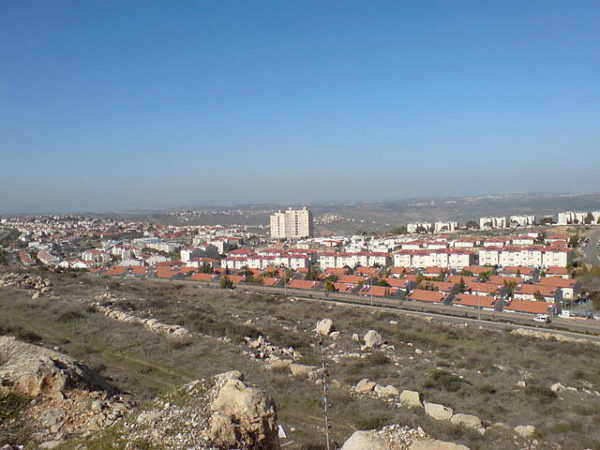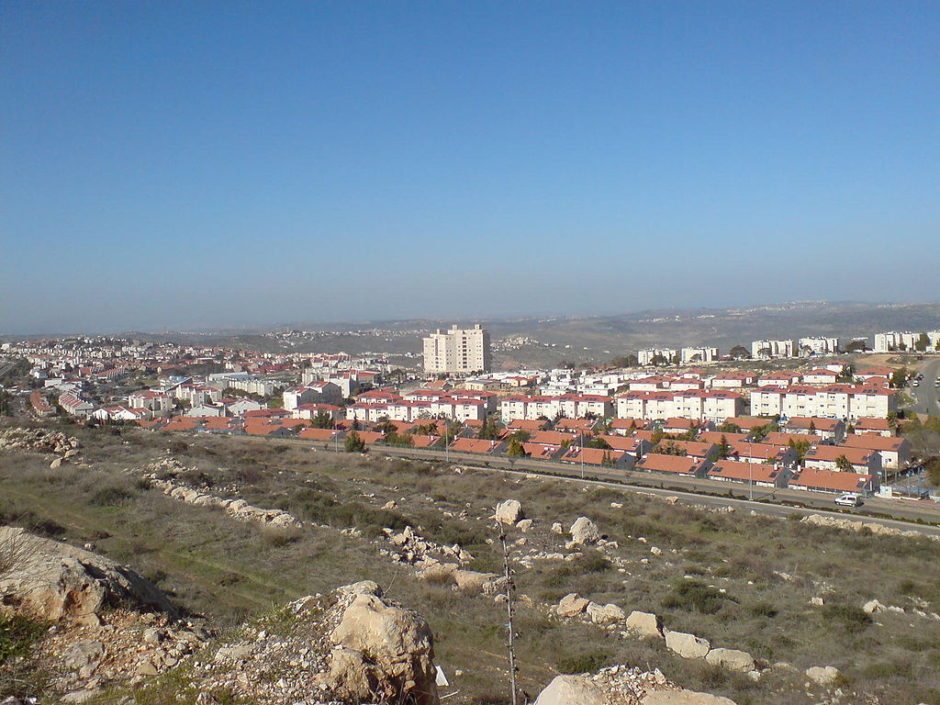For the sake of peace, one can only hope that Israel’s ill-conceived Regulation Law, passed earlier this month by the Knesset by a margin of 60 to 52, will be declared null and void.
Sponsored and promoted by Naftali Bennett’s far right Jewish Home Party, which calls for the annexation of much of the West Bank, the legislation retroactively legalizes some 4,000 illegally built homes in settlements and unauthorized outposts constructed on privately-owned Palestinian land in the West Bank, which has been under Israeli military rule since the 1967 Six Day War.

The bill, justly condemned by the United Nations and the European Union as an egregious violation of Palestinian property rights, is a tacit rejection of the two-state solution, the only realistic, practical and fair method of breaking the long-running political impasse between Israel and the Palestinians.
The new law, hailed as a victory by the Jewish settler movement and its supporters in Prime Minister Benjamin Netanyahu’s right-wing government, marks an ominous turning point in the Arab-Israeli conflict.
It’s the first time that Israel has passed legislation that applies to land in the West Bank rather than in Israel itself.
This is a significant and possibly far-reaching development, as Bar-Ilan University law professor Yedidia Stern was recently quoted as saying. “We are applying Israeli law to territory which was conquered by us, and this is forbidden by international law,” he told the Washington Post.
By openly curtailing Palestinian property rights in the West Bank, Israel may well be contravening the Fourth Geneva Convention, Israeli Attorney General Avichai Mandelblit has suggested. This probably explains his warning why he will not be able to defend this misbegotten bill before the Supreme Court and why Defence Minister Avigdor Liberman has a jaundiced view of it. “The chance that it will be struck down by the Supreme Court is 100 percent,” said Liberman, a settler himself.

Still other Israeli politicians have prudently warned that outright annexation would expose Israeli political and military figures to charges of war crimes by the International Criminal Court in The Hague. Israeli opposition leader Isaac Herzog has said that the bill could imperil Israel’s standing in the world. As he put it, “It’s legislating de facto annexation, contrary to all of Israel’s international commitments.”
Cognizant of such dangers, Netanyahu supposedly attempted to block passage of the bill. But having concluded it would pass muster in the Knesset, he went to London to keep an appointment with British Prime Minister Theresa May, knowing full well that the vote would take place in his absence. To no one’s surprise, the British government was critical of the legislation.
By no coincidence, the bill was adopted just months away from the 50th anniversary of the Six Day War, which changed the political landscape in Israel. Israel’s swift conquest of territories beyond the Green Line galvanized messianic forces bent on maintaining permanent Jewish control of the West Bank, to the exclusion of peace with the Palestinians.
Israeli Science Minister Ofir Akunis is one such zealot. “All of the land of Israel belongs to the Jewish people,” he declared during the parliamentary debate on the bill. “We are voting on our rights to the land, on the link to the Jewish people to it.”

Regrettably, President Reuven Rivlin is another such believer. Just days after the unauthorized Amona outpost was dismantled by security forces, he came out in support of annexing the West Bank in its entirety, provided its Palestinian inhabitants are granted full citizenship rights. “If we extend sovereignty,” he said, “the law must apply equally to all.”
Since the inauguration of U.S. President Donald Trump last month, Israel has approved the construction of some 6,000 homes in the West Bank and East Jerusalem, both of which are claimed by the Palestinians as integral components of a future Palestinian state. The new building boom will doubtless encourage yet more Israeli Jews to settle in the West Bank and annexed East Jerusalem. According to figures released a few days ago, the Jewish population of the West Bank and East Jerusalem now exceeds 400,000 and 200,000, respectively. At this rate, the Palestinians will be left with relatively very little in the West Bank, as Trump has correctly but belatedly noted.
It’s clear that Israel’s unilateral creation of “facts on the ground” will tighten its occupation of the West Bank, further embitter and radicalize Palestinians, undermine the prospects of peace and push Israel perilously closer to the day when the international community may officially classify it as a pariah among the nations.
Israeli leaders should nip this grim scenario in the bud by adopting reasonable policies that will benefit both Jews and Arabs.
It surely would be the essence of wisdom.
